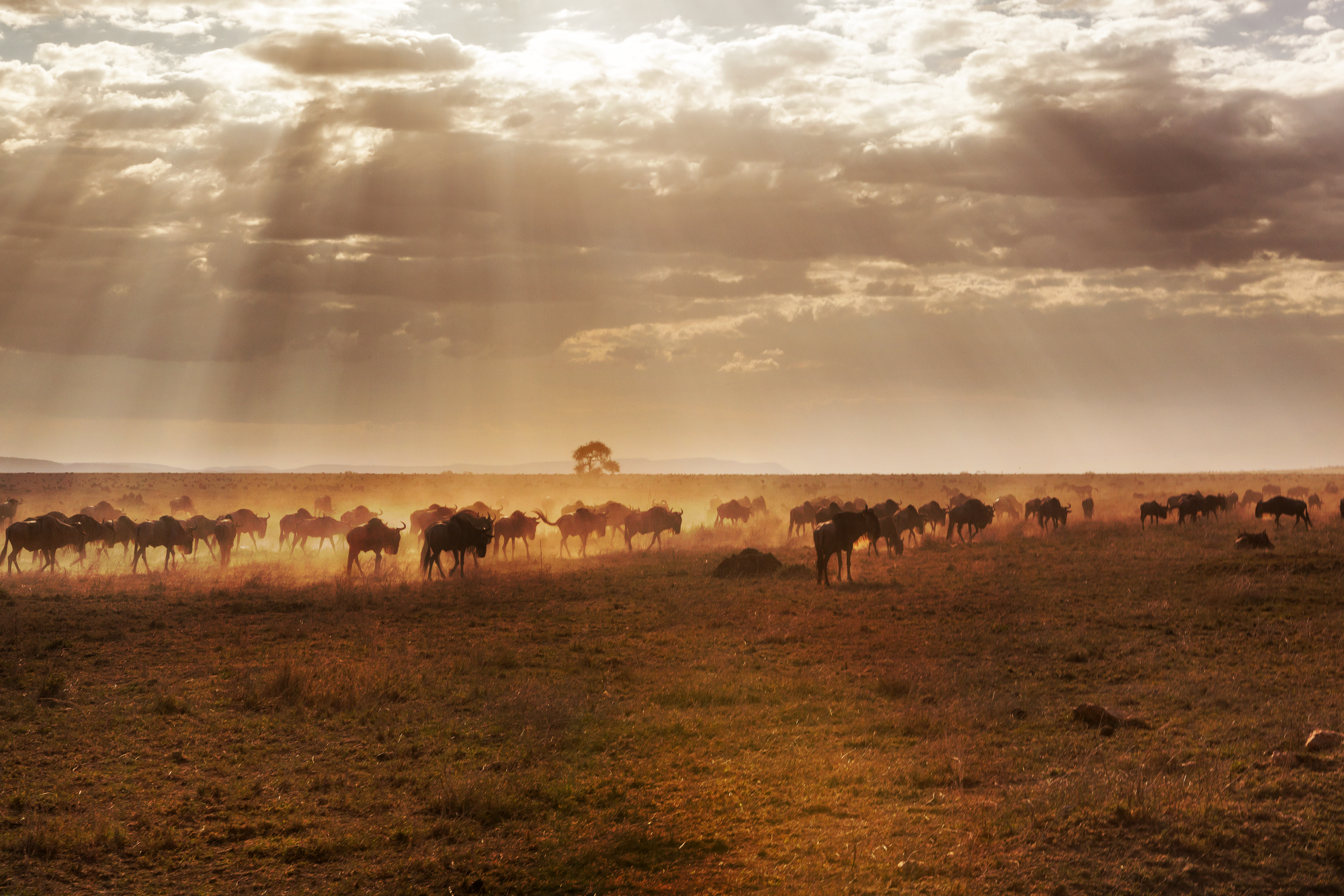Sport hunting’s role in wildlife conservation is highly debated, with unsustainable practices historically contributing to species declines—such as the African lion. In Mozambique’s Niassa National Reserve, however, a pioneering age-based regulation system has demonstrated how well-managed hunting can support conservation goals.
The Niassa Lion Points System, launched in 2006, required hunters to target only lions aged six or older, incentivizing compliance through a points-based reward and penalty framework. Age was determined using visible traits and verified by third-party audits. This approach led to 100% compliance by 2014 and reduced the number of lions hunted, all without harming hunt success rates.
Key to this success were strict enforcement, stakeholder involvement, transparent monitoring, and practical, flexible incentives. Niassa’s model proves that sustainable hunting—when carefully managed—can help maintain population health and protect species.

